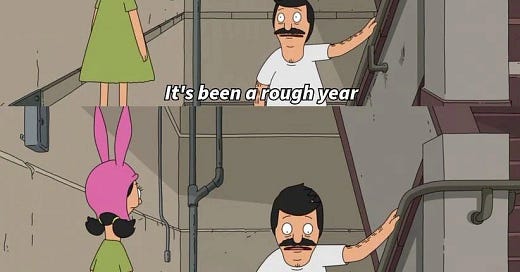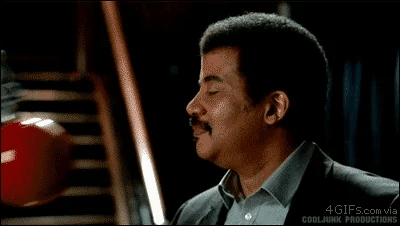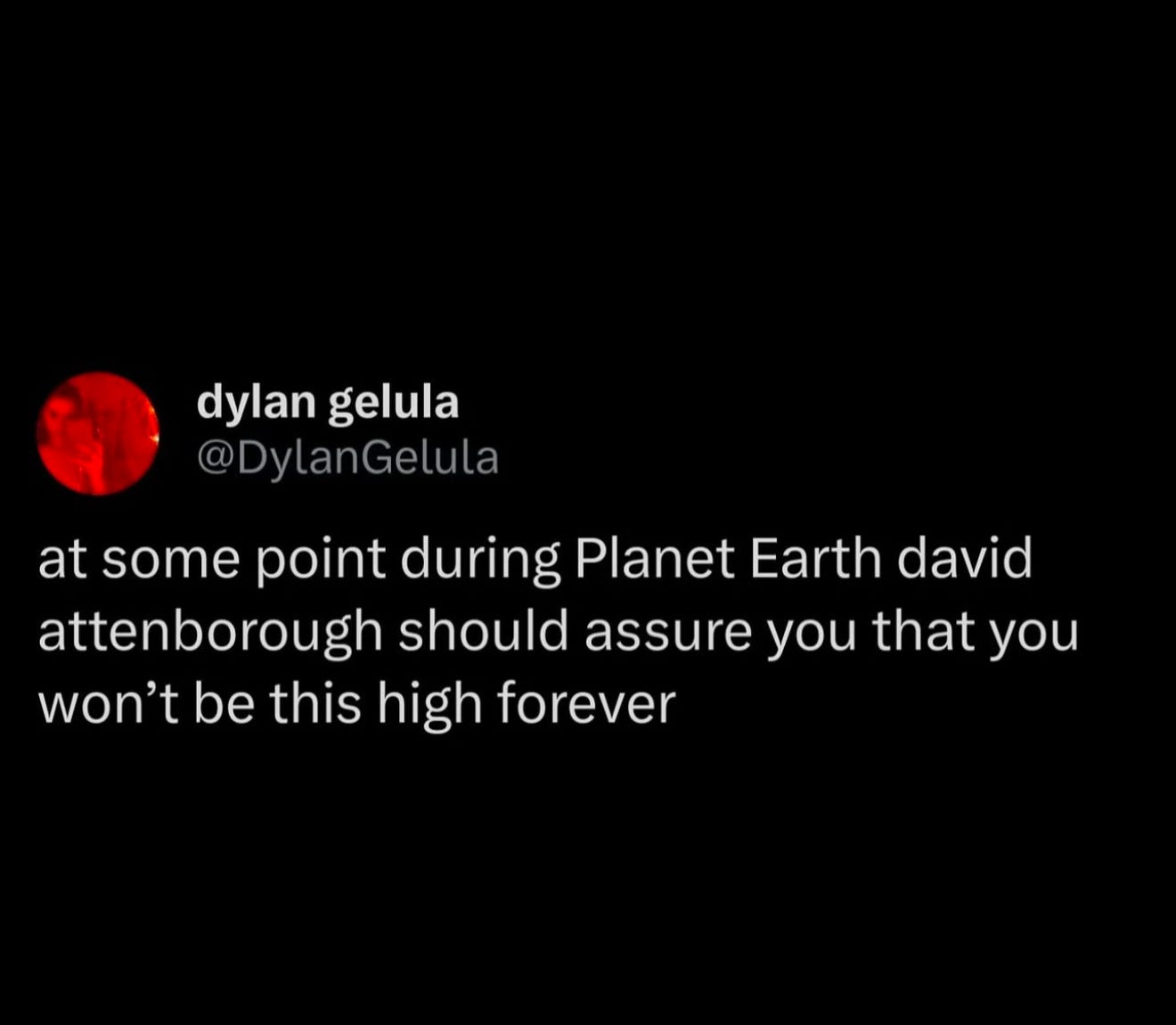Zuck Rides the Cultural Pendulum Like a Wrecking Ball
There is a way to keep people safe and expand expression, but Zuck doesn't care.
This week, Zuckerberg, in his drippiest drip and $900,000 watch, announced via Instagram stories his changes to Meta’s content moderation strategies. In his new approach, which he frames around “free expression,” Zuck basically removed the fact-checking orgs and loosened the restrictions on what can be posted on his sites, alluding to the so-called “cultural shift” of the recent election. To little surprise, far-right channels on IG responded gleefully on their stories.
Zuckerberg is a shallow opportunist addicted to profit and scale and you have to keep in mind this is solely a business decision (which you may call capitulation) to protect himself under the scrutiny of the incoming administration. This is going to cause issues for years to come and inevitably, there will be another speech in 4 years where he says something along the lines of “we learned a lot and blah blah blah.”
Something Zuck seems to forget (for some reason) is that we collectively use a moderated internet. The Facebook you use is filtered. Filtered by people. There are tens of thousands of people, mostly from the Global South, who take low-paying gigs to sit at the frontlines of your internet and view excruciating horror every day just for you so you may have a satisfactory user experience online and return to the site to share pictures or look at some ai slop of puppies or whatever. Content moderation is an art, not a science, and built upon what we traditionally call “norms” of acceptable speech.
And that’s what’s so clear about Zuck’s announcement. He uses the term “free expression” over an over rather than “free speech.” Free speech is a right in the United States, free expression is part of the declaration of human rights by the United Nations (article 19). The US has a significantly larger window of expression than most countries and typically, the borderlands of harm are negotiated by the advertisers as brands as they are usually the most wary of their identity and are most comfortable in safe environments. (They don’t like their ads showing up next to abhorrent bullshit.)
Now, part of what Zuck said isn’t completely incorrect. Fact checking, and trust and safety for that matter, is a slow process and work primarily in the reactive space. Something shitty needs to happen for them to decide on how to act. As veteran trust and safety expert Matt Soeth explains on his podcast, fact checking is a long process requiring lots of data, multiple research angles, and accuracy - this takes time which means it takes money. In addition, there is no way for a platform to be neutral if it has advertising on it.
The problem Zuck seems to be facing is that there is a extremely loud, but incredibly small, amount of reliable users that really want to “express themselves” more openly (but really just don’t want to get in trouble for saying things that hurt people). This reliable faction has shifted the rules more than once. Early in Trump’s first term, many of the far-right sites on IG were private so they wouldn’t get banned, then, about halfway through, were allowed to be public. There, they riled up their audience with anger and help energize the insurrection four years ago.
Zuck’s decision is less about safety than consistency of use. If the site plateaus, Zuck doesn’t just change the rules, he rewards the ones that stick around. This is sort of like firing people in a company to increase shareholder value by reducing cost - things get worse but at least everyone makes more money (ugh).
However, Meta is a global tool with incredible geopolitical influence and, if Zuckerberg were a serious person, would know that shifts like this have accelerated off-platform harms like the genocide of Rohingya Muslims in Myanmar. Now, political groups like Germany’s far-right (neo-nazi friendly) Alternative for Deutschland (AfD) (which Musk is supporting because he’s worse than Zuck) see this decision as wildly beneficial. As Dia Kayyali writes in Tech Policy Press, “What the AfD appears to mean by ‘free speech’ is protecting its ability to incite offline violence.”
We need to remember, and remind our representatives, that the internet is cumulative and reactive. Culture doesn’t just swing like a pendulum, it grows exponentially, meaning it increases size with each swing. The web learns by normalizing viral niche content, incorporating it rapidly into culture. If you need proof, zoom out far enough and you’ll see nearly all policies function within the normalization of 2014’s gamergate.
We’ve come a long way from debates on whether men could be called “scum” on Facebook. Now Zuck has removed the guardrails that nominally protected the most vulnerable, specifically gay and transgender people. In fact, in the new terms of service, Zuckerberg even uses the term “transgenderism” which is used by anti-trans extremists to consider a reality an “ism.” This is especially dangerous rhetoric and it seems Zuck has straight up given up about caring about people who use the internet to express themselves safely.
In the end, it comes down to consumer choice, and unfortunately there is very little when it comes to social media. The system of media is now part of our everyday waking lives and we are never offline. Zuck, in response to users who claimed they’d be leaving Meta properties for who-knows-where said these users are “virtue signaling” - I dunno, sort of like when you move your content moderation to Texas or something.
This decision, along with making UFC head (and awful person (tw: actual physical abuse)) Dana White a board member and the varieties of AI slop, AI personas, far-right pages and misogyny from the facesmash days and numerous of other examples make it seem like this is doomed, but we can still use the site and not be awful. Using social media with care is the new way to creatively misuse the product. What a year this will be.
What A Year This Has Been
I know it’s the second week of January now, but it’s already been a full year. Along with the devastating climate change fueled fires in California came the usual moral panic about influencers documenting the horror with their cameras. If we’ve created a system where influencing and creators are part of the economy (though unrecognized as an industry), we cannot blame creators for “doing their job” especially when we, as an audience, are hungry for the content.
I remember years ago I traveled with students to L’Aquila, Italy to document the reconstruction efforts in a town utterly destroyed by an earthquake. Nearly all buildings were held up by scaffolding and (at the time) it was a ghost town. While I was there, a van pulled up and a bunch of old ladies piled out with cameras. Our guide explained that this town was a major site of “disaster tourism” and this happens all the time. Online, its rewarded.
As the now repurposeful 2015 post from PerthshireMags states: “Climate change will manifest as a series of disasters viewed through phones with footage that gets closer and closer to where you live until you're the one filming it.”
Many people do not have the resources or knowledge to find safety either and social media can be a place to get help. In a story about Hurricane Milton in October, creator Allie Rae explained that she got help from commenters on how to get aid and find evacuation routes. The devastation in California is immense and several of my friends had to evacuate and haven’t returned yet and I hope them safety and I am not condoning sticking around and filming an unpredictable tragedy. You can replace things but you cannot replace life. Be safe out there.
Some good reads/listens for New Media Homework
Here’s some of the best things I’ve listened to and read this year so far:
Stop pretending Meta cares about free speech - User Mag - Taylor Lorenz
Zuckerberg officially gives up - Garbage Day - Ryan Broderick
MAGA was all about "masculinity" in 2024 — too bad they have no idea what that word means - Salon - Amanda Marcotte
Was January 6th a success? (with Charlie Warzel) - Panic World Podcast - Ryan Broderick
The Internet Is Worse Than a Brainwashing Machine - The Atlantic - Charlie Warzel and Mike Caulfield
Posting Through It - (is back!!!) - Jared Holt and Michael Edison Hayden
“Why do people think fact checking is left wing?” - Instagram - Sophia Smith-Galer
My thoughts on Luigi Mangione in Chile’s La Tercera: Luigi Mangione, el “antihéroe” que polariza a EE.UU. - Marta Quinteros
My book is now out!
You can buy it on Routledge’s site but I’d recommend you wait until I start making the YouTube explainers. But I would love for you to buy it. Here are the details of what’s in the book.
Some good memes
As always, be curious, be vigilant, be persistent
Happy New Year!
New Media Homework is a newsletter that takes a critical internet literacy approach to online media and culture. It comes up when I have time to write it. Thank you for reading!!









